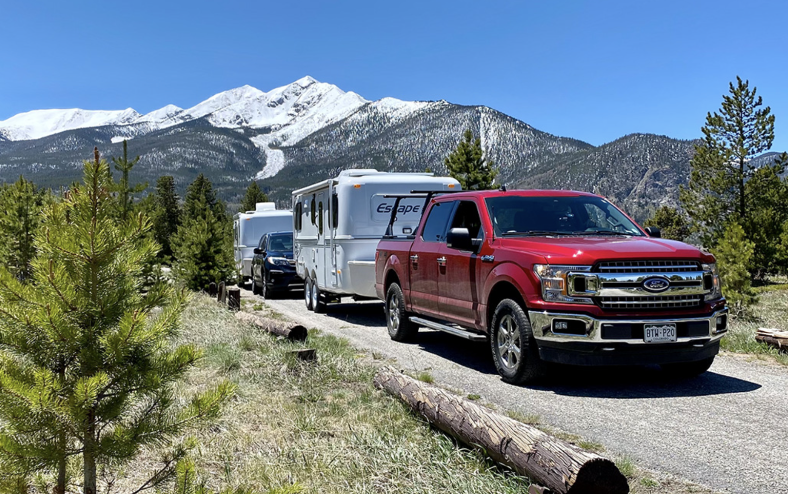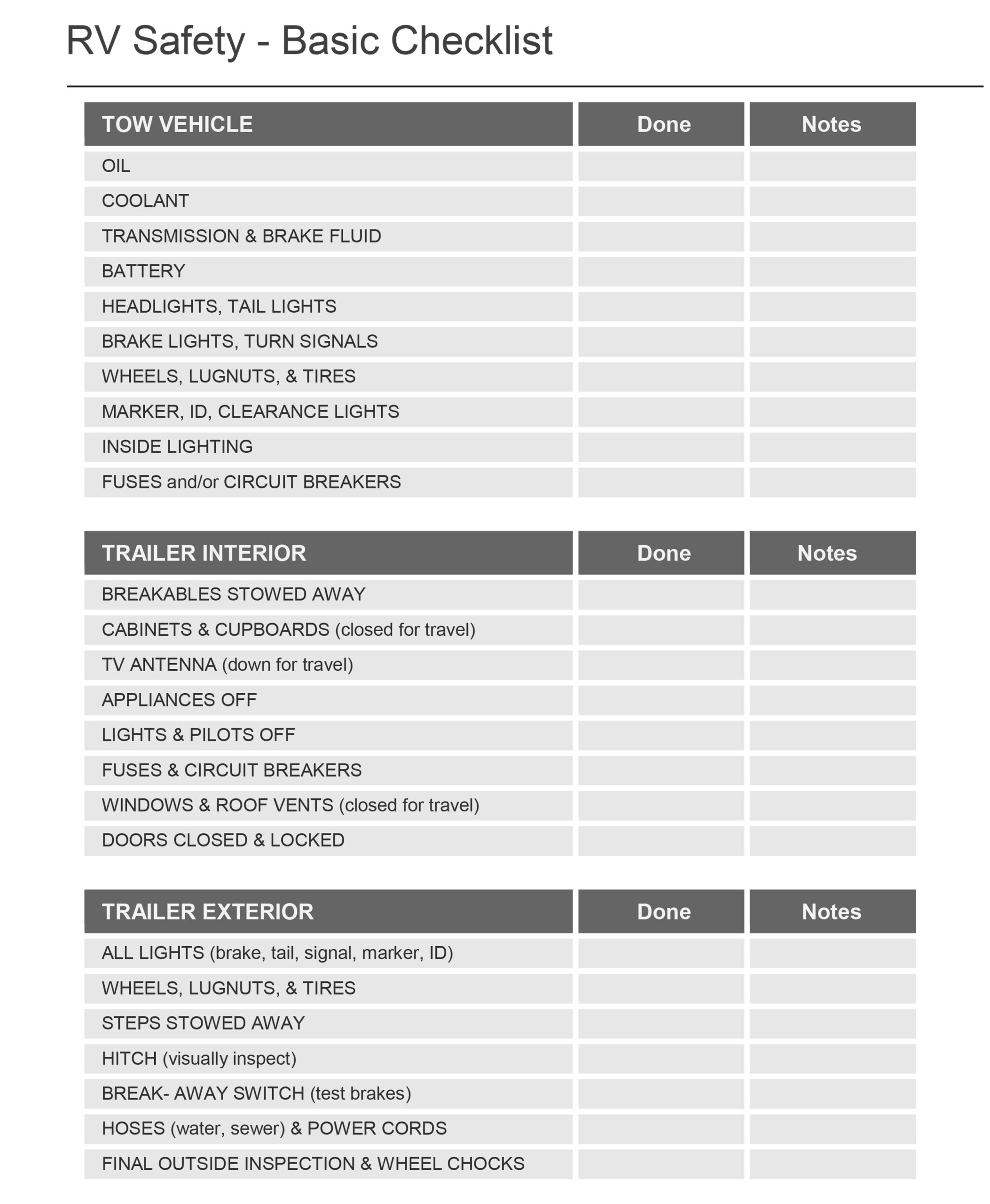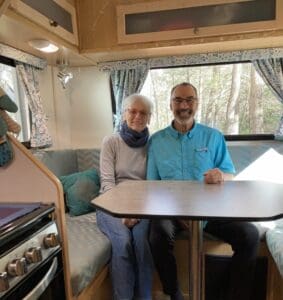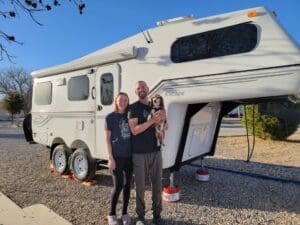5 RV Safety Tips
RV safety is important, and it’s something that you should always be thinking about. Even the most seasoned RVers can learn new tips and tricks on how to keep themselves and their loved ones safe while out on the road.
In this post, we’re going to share some of our favorite RV safety tips and tricks that have helped us on our journeys.

5 safety tips for your next RV trip:
1. Test your smoke and carbon monoxide detectors. These devices are designed to warn you if there’s a fire in your rig, but they can also detect other problems like carbon monoxide leaks from appliances or exhaust systems that aren’t working properly. It’s important to make sure these are working properly so you can get out of your RV quickly in case of an emergency. If they don’t work, replace them! We recommend installing at least one CO detector outside each sleeping area and at least one smoke detector inside each sleeping area.
2. Check your battery’s electrolyte level. If this is too low, it can cause problems with starting the engine or draining power from other electronics like lights or TVs, which might be helpful if the power goes out during a storm or other natural disaster!
3. Use surge protectors for your electronic devices (like cell phones) to keep them safe during an outage. You never know when a storm might strike while you’re on the road or when there are fluctuations in power levels from one place to another (like when you’re driving through mountains).
4. Keep a toolbox with standard tools like screwdrivers and wrenches inside your RV or vehicle so that if anything happens (like a flat tire), you’ll have everything on hand that might come in handy fixing whatever issue arises.
5. The best way to prepare for your next adventure is to start by creating a pre-departure checklist. This will help ensure that you’re prepared for anything, and it can also be used to catch any problems with your RV that need attention before you leave.

While we hope you’ll never have to use these safety tips, the more prepared you are, the better off you may be if an emergency does happen.
The best way to keep safe is to develop an emergency kit containing the essentials you’ll need during an emergency, and be sure to always keep it in a very visible location, so everyone in the family knows where to find it.
To receive our newsletter by e-mail, please click the “Subscribe” button in the footer below.












